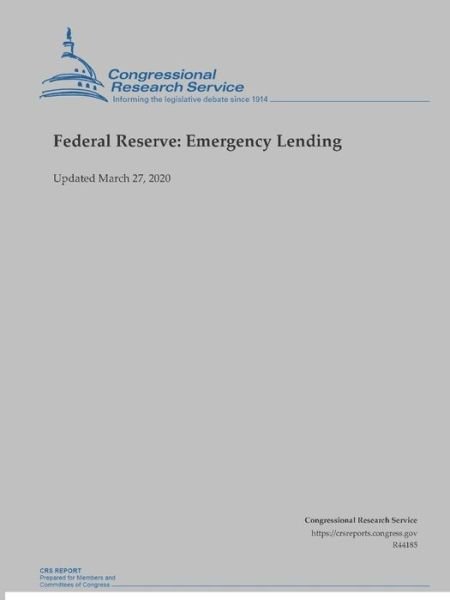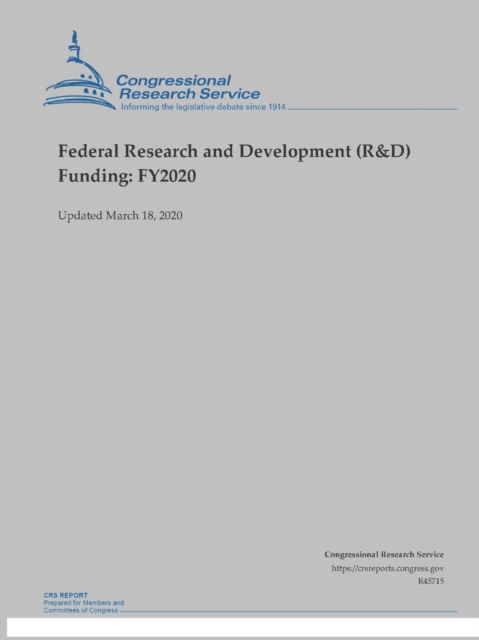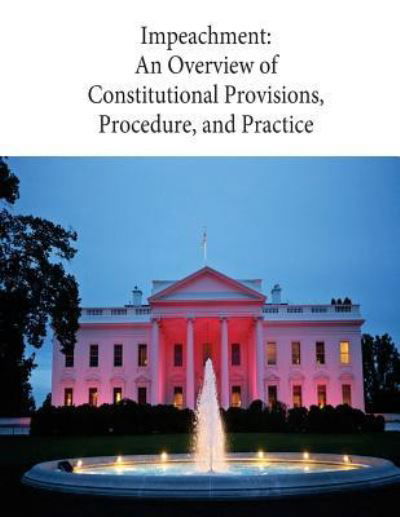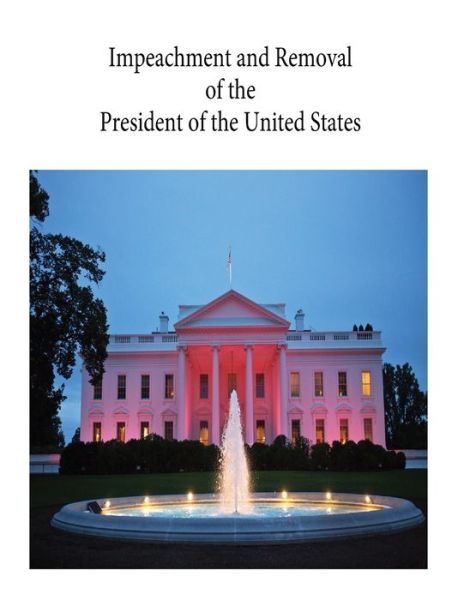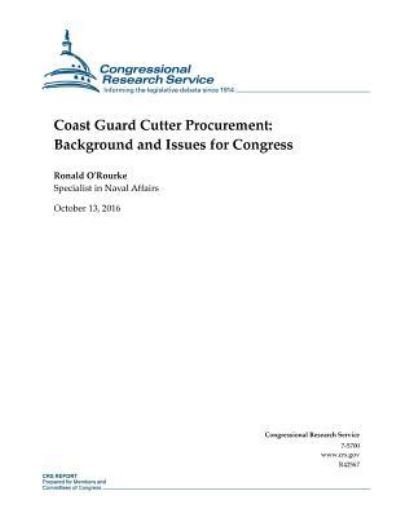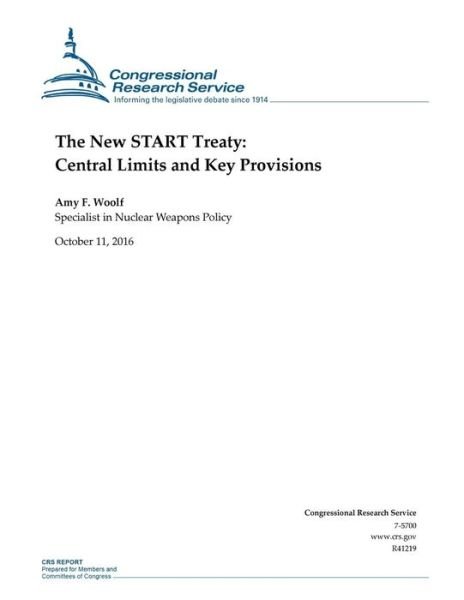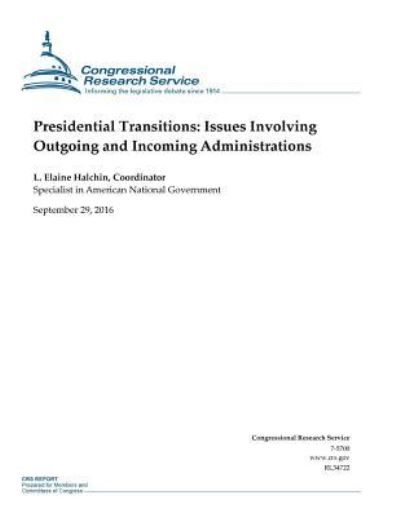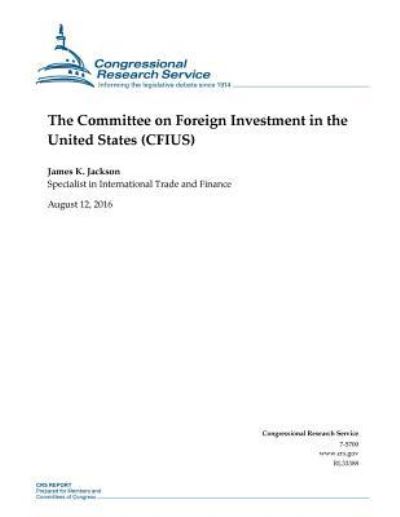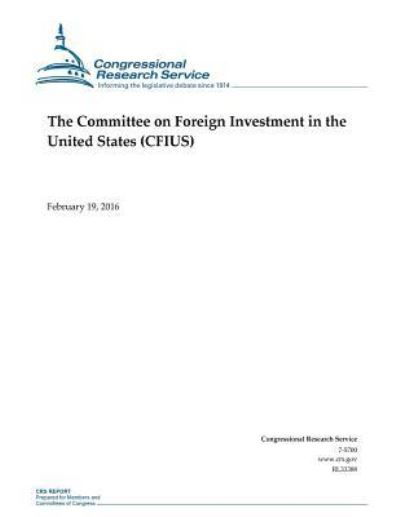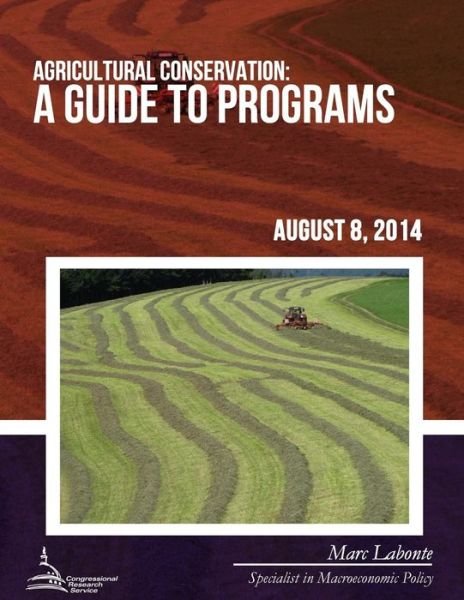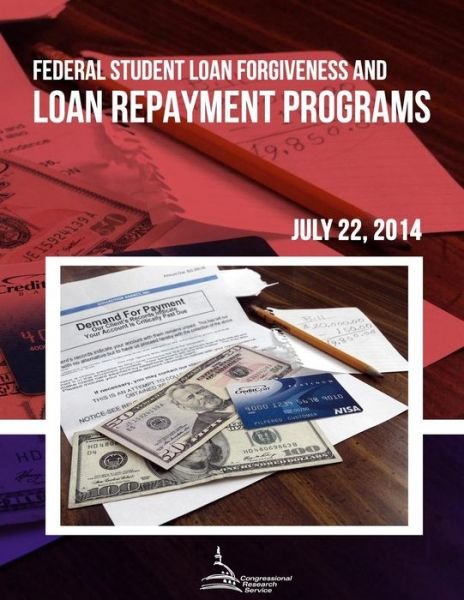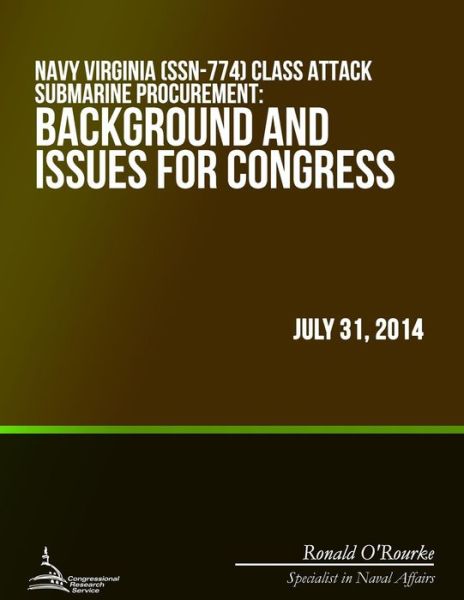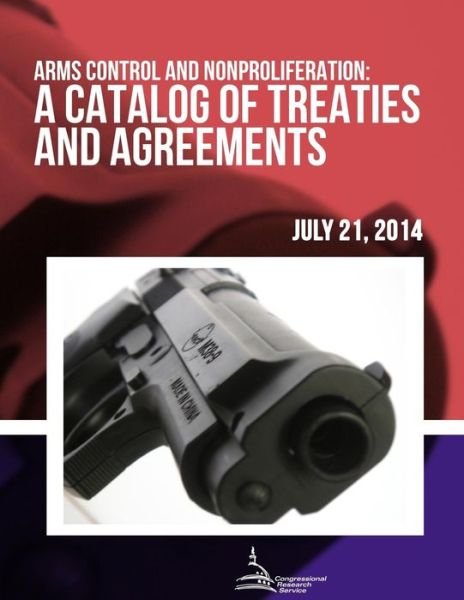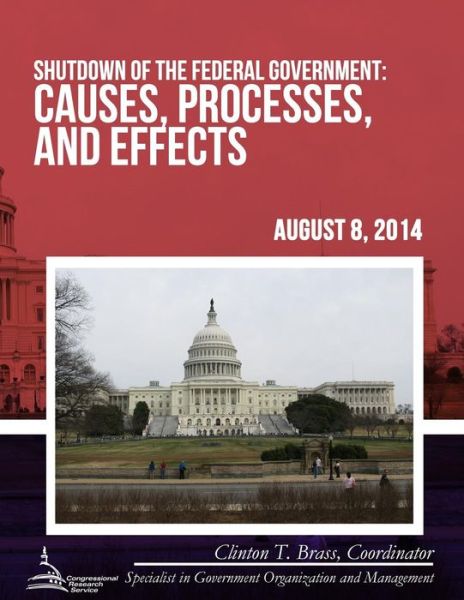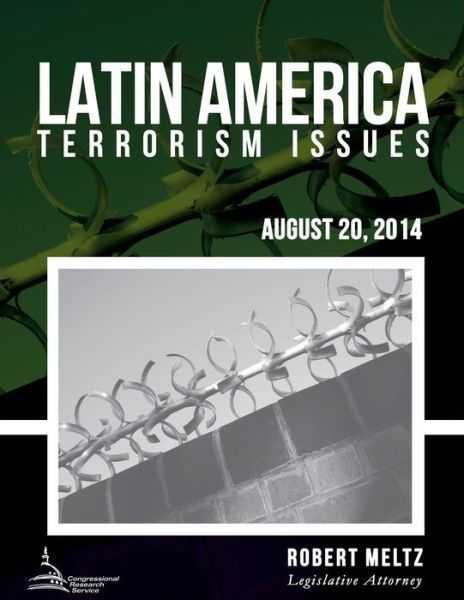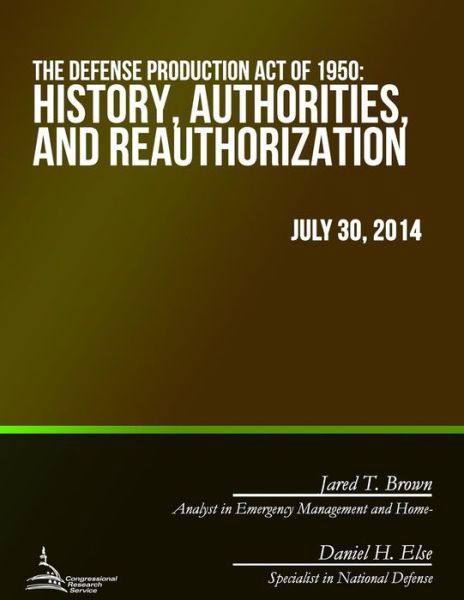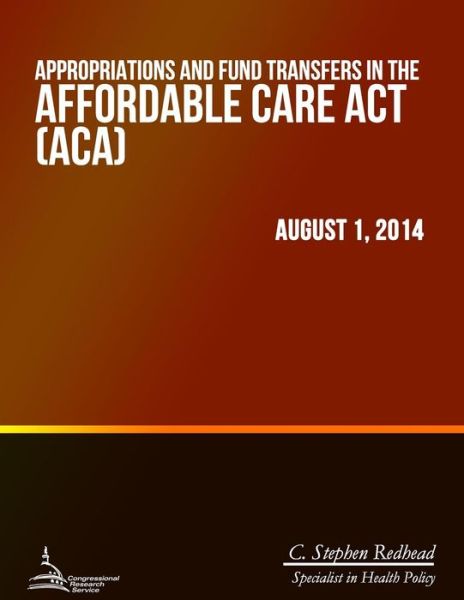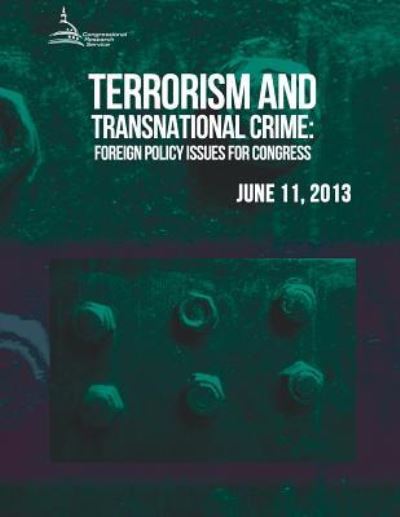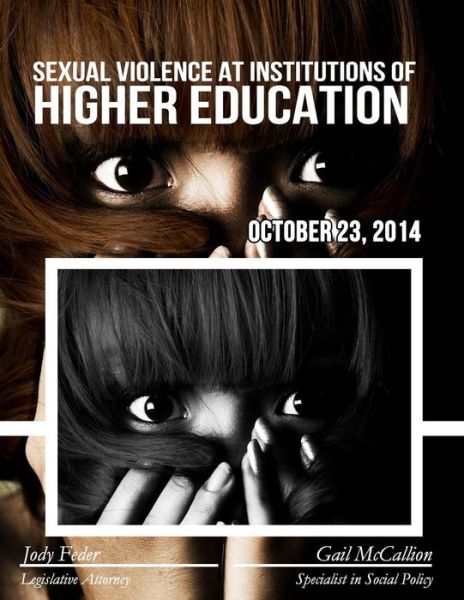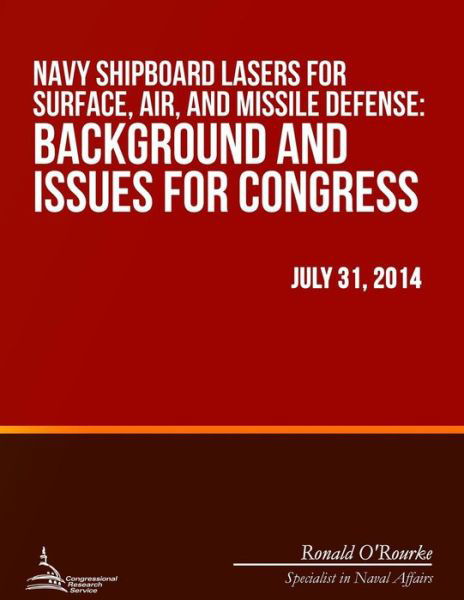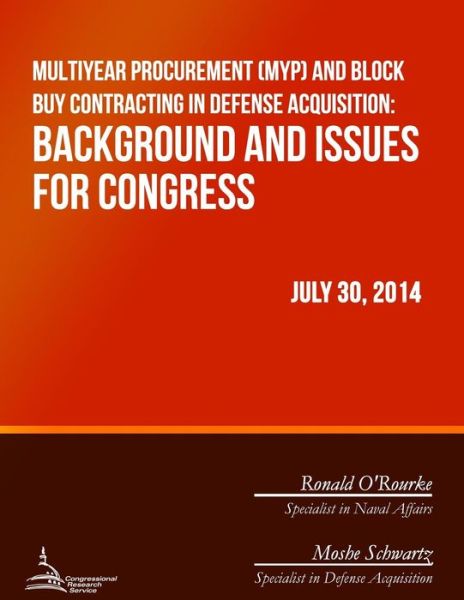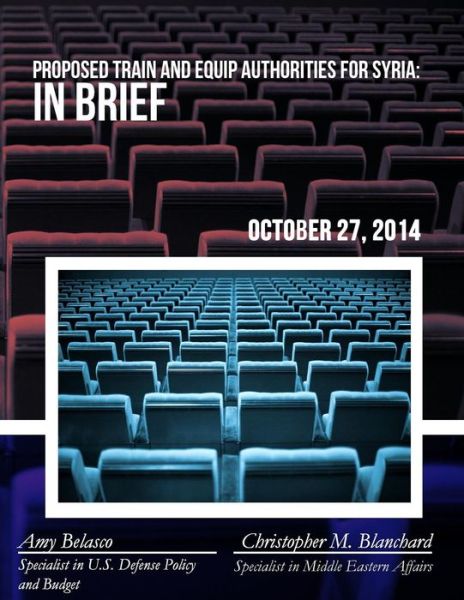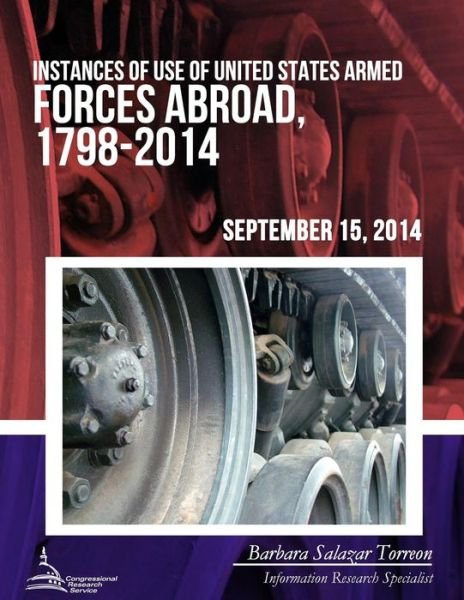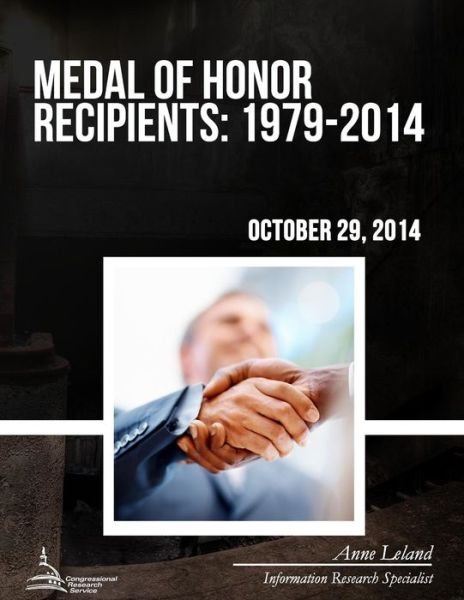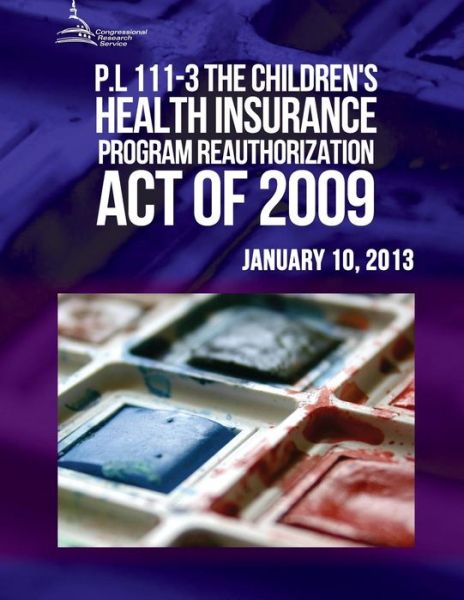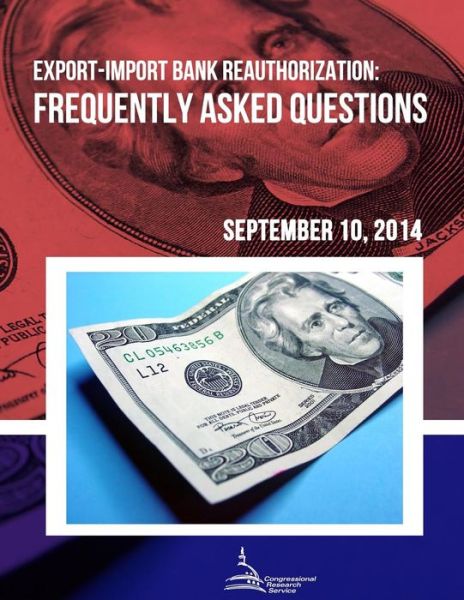
Powiedz znajomym o tym przedmiocie:
Money for Something
Congressional Research Service
Money for Something
Congressional Research Service
Songwriters and recording artists are legally entitled to get paid for (1) reproductions and public performances of the notes and lyrics they create (the musical works), as well as (2) reproductions, distributions, and certain digital performances of the recorded sound of their voices combined with instruments (the sound recordings). The amount they get paid, as well as their control over their music, depends on market forces, contracts among a variety of private-sector entities, and laws governing copyright and competition policy. Congress first enacted laws governing music licensing in 1909, when music was primarily distributed through physical media such as sheet music and phonograph records. At the time, some Members of Congress expressed concerns that absent a statutory requirement to make musical works widely available, licensees could use exclusive access to musical works to thwart competition. The U. S. Department of Justice (DOJ) expressed similar concerns in the 1940s, when it entered into antitrust consent decrees requiring music publishers to license their musical works to radio broadcast stations. As technological changes made it possible to reproduce sound recordings on tape cassettes in the late 1960s and in the form of digital computer files in the 1990s, Congress extended exclusive reproduction and performance rights to sound recordings as well. Many of the laws resulted from compromises between those who own the rights to music and those who license those rights from copyright holders. In some cases, the government sets the rates for music licensing, and the rate-setting standards that it uses reflect those compromises among interested parties. As consumers have purchased fewer albums over the last 20 years, overall spending on music has declined. Nevertheless, as streaming services that incorporate attributes of both radio and physical media have entered the market, consumer spending has increased during the last two years. In 2016, for the first time ever, streaming and other digital music services represented the majority of the recorded music industry's revenues. As these services have proliferated and the number of songs released has increased, the process of ensuring that the various copyright holders are paid for their musical works and their sound recordings has grown more complex. Performers, songwriters, producers, and others have complained that in some cases current copyright laws make it difficult to earn enough money to support their livelihoods and create new music. In addition, several songwriters and publishers have sued music streaming services, claiming that the services have streamed their songs while making little effort to locate and pay the rights holders. In April 2018, the U. S. House of Representatives voted 415-0 to pass H. R. 5447, the Music Modernization Act, as amended. The bill would modify copyright laws related to the process of granting, receiving, and suing for infringement of mechanical licenses, would create a new nonprofit "mechanical licensing collective" through which musical work copyright owners could collect royalties from online music services, and would change the standards used by a federal agency, the Copyright Royalty Board, to set royalty rates for certain statutory music licenses.
| Media | Książki Paperback Book (Książka z miękką okładką i klejonym grzbietem) |
| Wydane | 30 maja 2018 |
| ISBN13 | 9781720532071 |
| Wydawcy | Createspace Independent Publishing Platf |
| Strony | 40 |
| Wymiary | 216 × 280 × 2 mm · 117 g |
| Język | English |
Więcej od Congressional Research Service
Zobacz wszystko od Congressional Research Service ( np. Paperback Book i Book )

 Świąteczne prezenty można zwracać do 31 stycznia
Świąteczne prezenty można zwracać do 31 stycznia


